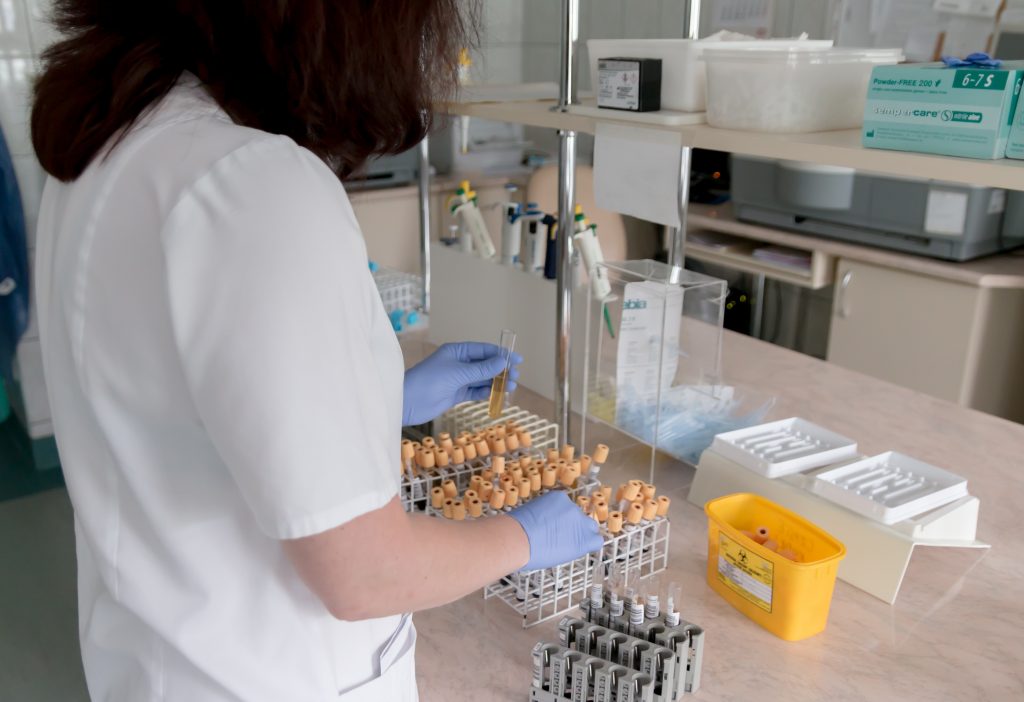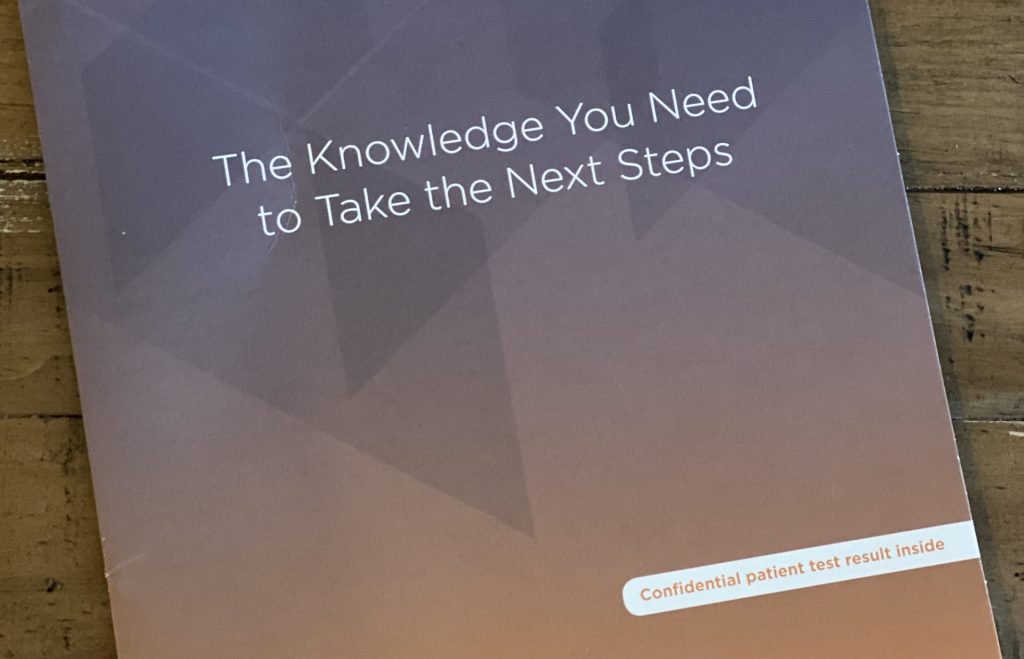You’ve probably heard about the genetic testing commonly called BRCA testing, which tells a woman if she’s at risk for breast or ovarian cancer. Female icons such as Angelina Jolie have discovered heightened risk for these cancers through genetic testing and made headlines opting to have a hysterectomy and double mastectomy. I recently went through this genetic testing, so I’m here to fill you in on the process and what I learned along the way.
What is it and who should have it?
Many women are referred to genetic testing when there is immediate history of breast or ovarian cancers. Some get it done, while others opt not to– either out of fear or for other reasons. What many women do not realize is that other cancers have been found to mutate genetically into one of these.
I recently started seeing a new specialist to help with my endometriosis and polycystic ovarian syndrome (PCOS) symptoms. During my first appointment, I was given a questionnaire to complete that would analyze my risk and determine if I was a candidate for genetic testing.
There is no history of breast or ovarian cancer on either side of my family, so I was quite shocked when the practitioner told me I was a candidate. My grandmother having early stage uterine cancer and my grandfather having stage two prostate cancer along with renal cell carcinoma sealed the deal.
The Process
In the next step, I met with the doctor who handles genetic testing for the office. She explained how it’s been discovered that a number of cancers such as prostate, kidney, uterine, and colon have been discovered to be genetically linked. I had never guessed these cancers could change or come together within my genetic makeup to give me breast or ovarian cancers.
After my consultation with the doctor, a nurse came in to take my blood and send it off. The testing would take about six weeks. Then, I could expect a call with the results and additional courses of action, if needed.
Not so fast though…in steps insurance. At first, they denied the testing. The testing site, along with my practitioner, had to appeal. The insurance company denied it again, stating only one person in my genetic makeup had a related cancer history.
I’m still not sure if it was the doctor or testing site not relaying proper information or someone at the insurance company not reading properly. I clearly have two family members with related cancers, one of which had two separate types. After almost two months of back and forth, the test was finally given the green light and I would soon have my results.
The Results Are In
I received the call from my doctor as I was recovering from the surgery to help endometriosis, PCOS, and my newly discovered interstitial cystitis. Recovery was hard, so I was very pleased to hear I tested negative for any significant genetic mutations. My breast cancer risk assessment also came back at 5.8% which is lower than the average of 13.2%. This does not mean I could never have one of these cancers, but my risk is lower than if I had the genetic markers for it.
What You Should Do
If you have a family history of any of the cancers I mentioned, you should talk to your doctor about genetic testing or find one who can help you. If you have already been told you should be tested, please have it done. Most insurance companies will cover the costs although you may need to push back a bit.
Is the idea of knowing your potential health fate terrifying? Yes. I won’t even visit a tarot card reader or fortune teller because I have such a don’t-want-to-know mentality about the future. However, if you can learn this information before it’s too late you are in an invaluable position to potentially control the course of your life.
While there is no sure way to prevent most cancers, we live in a time of great medical knowledge. We can take actionable steps to help prevent them. We can do our best to live a long and healthy life; not only for ourselves but for our family as well.
For more information you can visit Myriad Genetics, the company that performed my testing.












